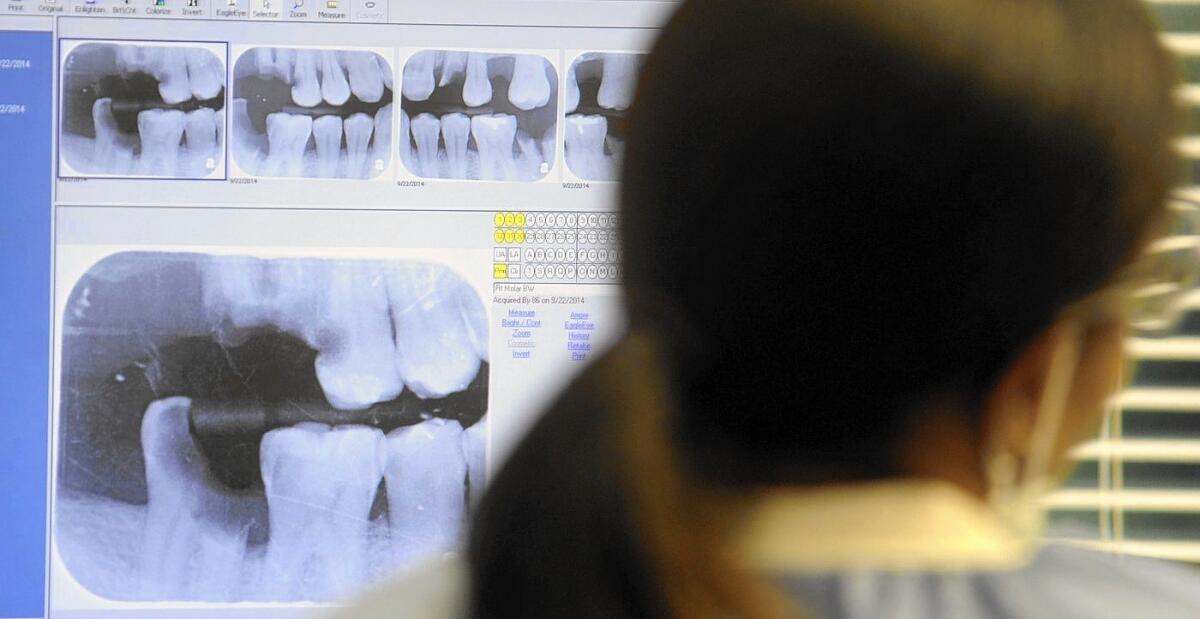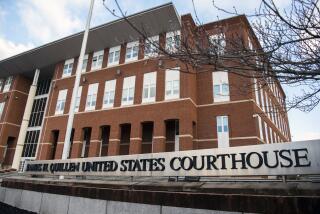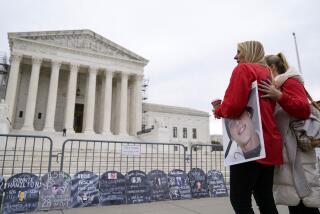Supreme Court considers if state board serves public or limits competition

The Supreme Court could rein in state licensing boards that critics argue have become antitrust “cartels” that hurt consumers and hinder competition.
The high court heard arguments Tuesday in a case involving dentists who used their control over a state licensing board to block kiosks in shopping malls from offering teeth-whitening products at lower prices.
In North Carolina, the state board — composed mostly of dentists who are elected by other dentists — decided that teeth whitening should be considered part of dentistry and therefore off-limits to the rival kiosks.
Most of the justices said the North Carolina state board appeared to be protecting the financial interests of dentists, not the public interest in high-quality dental care. If so, some said, the board would be violating federal antitrust laws.
The state “is giving a group of private actors a pass on antitrust litigation when they have a self-interest that is inherent in their occupation,” Justice Sonia Sotomayor said. Justices Elena Kagan and Anthony M. Kennedy agreed, saying the dental board seemed more like a trade association than a state regulatory body.
The Federal Trade Commission, which enforces antitrust laws, brought a complaint against the North Carolina Board of Dental Examiners in 2010. It alleged the board was hurting consumers and limiting competition for the benefit of dentists. It won a U.S. appeals court ruling that said the state board is not shielded from being sued under federal law.
The Supreme Court took up the case as a major challenge to the growing number of state licensing boards. Although no one disputes that states may license doctors and lawyers and prevent others from offering medical or legal services, the case raises questions about whether that authority extends to the licensing of floral designers, cosmetologists, hair braiders, interior designers or casket makers.
Critics have likened the state licensing boards to state-sanctioned “cartels.”
“The Sherman Act’s greatest accomplishment has been to make cartels per se illegal and relatively scarce, unless the cartel is managed by a professional licensing board,” wrote UC Berkeley law professor Aaron Edlin and Vanderbilt University law professor Rebecca Haw.
The case of North Carolina Board of Dental Examiners vs. FTC is being closely watched because of its potential effect on many professions. Several nursing organizations filed a brief questioning the authority of state medical boards to restrict how nurses offer basic healthcare services.
But the consensus among justices on what to do about the problem faded as the argument proceeded.
The case is “very difficult,” said Justice Stephen G. Breyer, because decisions about medical regulation should be made by medical experts. “What the state says is: ‘We would like this group of brain surgeons to decide who can practice brain surgery in this state,’” Breyer told a government lawyer. “I don’t want a group of bureaucrats deciding that. I would like brain surgeons to decide that.”
Justice Antonin Scalia said lawyers too are regulated by a state body made up of lawyers. “What do you do about a state supreme court that sets ethics rules for the legal profession, including what constitutes the unauthorized practice of law?” he asked.
Malcolm Stewart, a deputy U.S. solicitor general, said the court could rule narrowly and say the North Carolina dental board can be sued for violating antitrust laws because its members are elected by dentists and because they can act without the approval of top state officials. It would be different, he said, if the North Carolina legislature or the state Supreme Court had decided that only dentists can offer teeth whitening.
“This case is about dentists regulating non-dentists,” Stewart said. “The unfair restrictions on competition are at their zenith in a case like this.”







